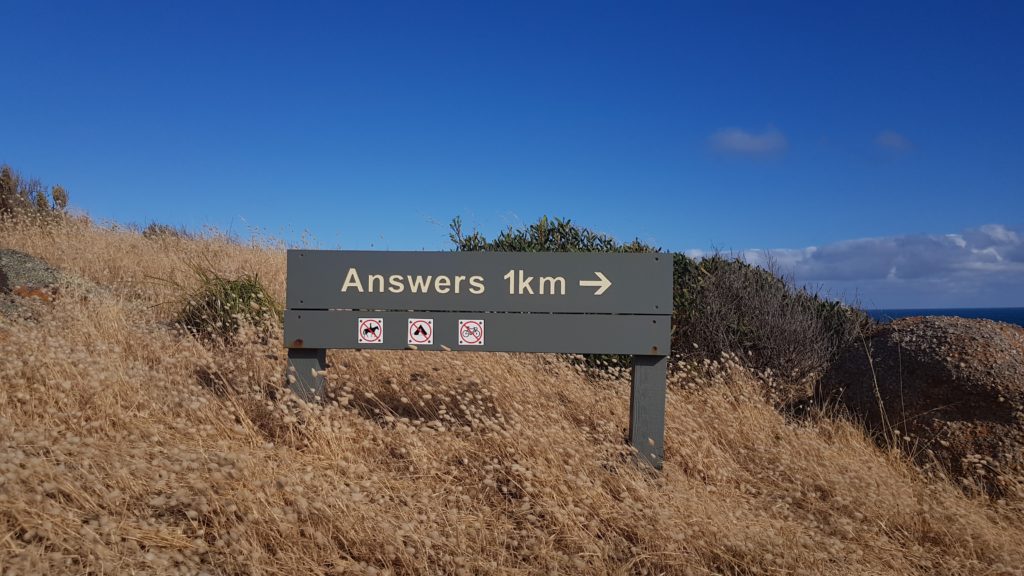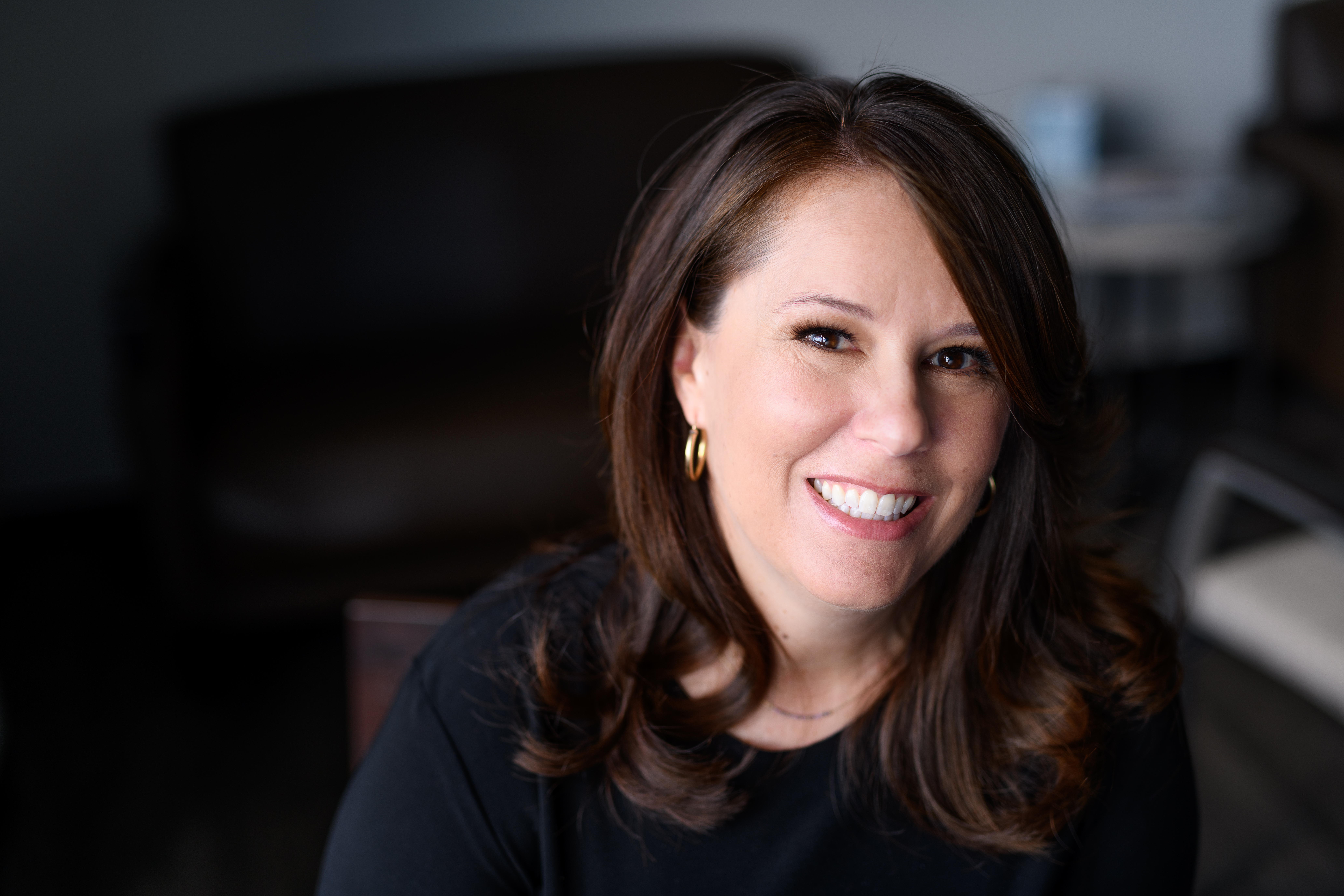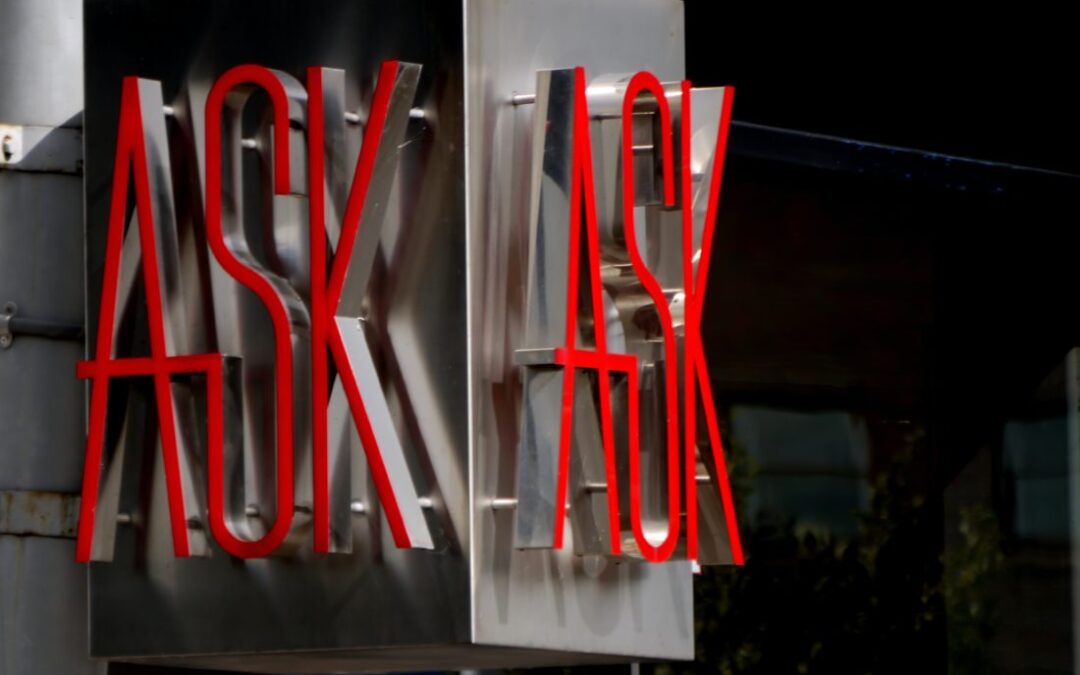Have you ever questioned why you believe what you believe?
How about where your beliefs come from? Or how they influence your perception of others and how you interact with them?
Kristin Heck Sajadi
Our “unconscious” thoughts and actions influence each of us far more than we realize, but we rarely question how.
Autopilot
Last month, I introduced how actions unfold on autopilot when we unconsciously participate in a well-choreographed elevator dance.
This is just one of the many examples that I could have provided to illustrate how our unconscious thoughts and expectations influence our actions.
What else do you think unfolds on autopilot?

What You Believe

Pause for a moment and think about the pieces of paper that you carry in your wallet and use to purchase things. Those pieces of paper are cash.
But what is cash really?
Cash is just a piece of paper with ink on it. Not much different from the printed pages of a book. Yet, we treat it as something different. We use it to trade, barter, and buy.
Yes, I know that the government uses special paper and ink, but it is still just paper with ink on it. The only difference between what we call cash and every other piece of paper with printed ink, is our belief that it is different. We have constructed a reality that believes that certain pieces of paper hold value while others do not.
We “unconsciously” agree to this perceived value and it maintains our economic system.
Can you think of any other “unconscious” beliefs that influence what people value?
Tackle Challenges
In order to discuss and debate how to tackle the challenges we face today, we must start to critically think about what we take for granted, what we believe, and what we do on autopilot. We must embrace the practice of asking why.
Asking Why
Uncovering what we take for granted takes questioning why we each think, act, and feel the way that we do. Not just on an elevator or at a cash register, but in every aspect of our personal and professional lives..
We acquire our understanding of the world over a lifetime of lived experiences. We internalize messages and meanings through observation and interaction.

But our understanding is limited by where we live, who we live with, and by what we are exposed to. These components shape our incomplete perception of the world and what we believe.
Building Awareness
Building social and self-awareness allows us to critically assess how our own thinking and actions prop up the social structure and systems around us.
There are so many taken-for-granted, unconscious thoughts that permeate our everyday lives that go “blissfully” unnoticed.
But their presence is not benign.
Why do you believe what you believe?
A simple exercise in noticing unconscious beliefs is to question thoughts that seem to just pop into your head.
If you are struggling to notice them, think about the last time you were driving down the road and got behind someone driving slowly. In your annoyance, did any thoughts about who was driving the other car pop into your head? Who did you picture?
Most people have a specific image of who they believe is driving the other vehicle purely on the limited evidence of their slow driving.
Join me next month to explore the development of hidden assumptions that leap from our unconscious to our conscious without cognitive choice or evidence.
If you want to explore how unconscious thought is impacting you or your organization sooner, please feel free to reach out directly for a consultation at Shyft Strategies, LLC.

By Kristin Heck Sajadi, Founder and CEO at Shyft Strategies, LLC
Sajadi is a sociologist, entrepreneur and developer of the Shyft5 TM program – helping individuals and organizations build social and self-awareness as an asset to shyft the status quo.
Shyft5 TM program tackles challenges and builds awareness—the benchmark for effective communication, productive interaction, and thriving cultures in today’s organizations.
At Shyft Strategies, we help you uncover the unconscious thinking and actions that create obstacles and barriers. We help you navigate today’s new business and human capital reality. The first step to moving forward is increasing awareness. Awareness isn’t just learning a new fact or statistic. It is connecting the dots between the reality of what is and why, so that we can consciously and cognitively shyft to what can be and how.

